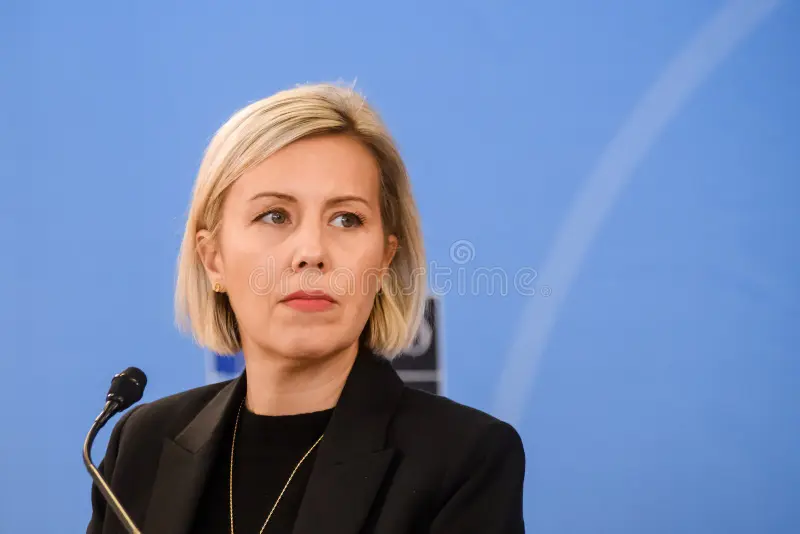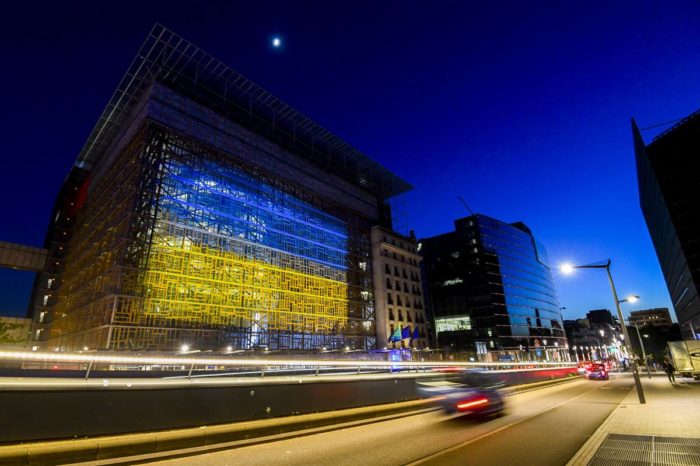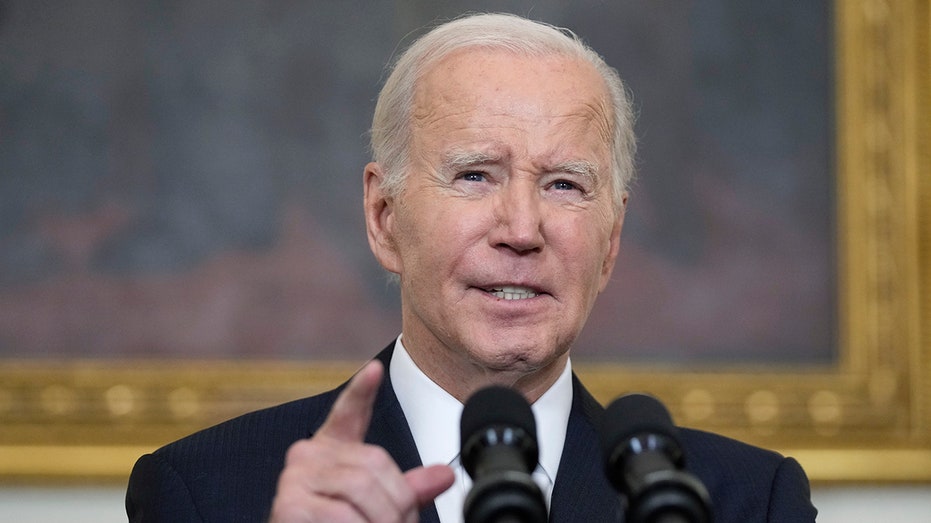Belgium triples NATO rapid reaction force in 2025
Belgium will dramatically increase its NATO-ready troops from 500 to potentially 1,500 in 2025.


Belgium plans to expand its military readiness for NATO operations in 2025, with troop availability set to triple or quadruple, according to outgoing Defence Minister Ludivine Dedonder.
European countries, including Belgium, are significantly increasing their defense spending and military readiness in response to evolving geopolitical threats, particularly from Russia. German intelligence officials have warned earlier that Russia could be capable of attacking NATO countries by the end of 2030, citing an increase in Russian espionage and aggressive actions that pose a direct threat to NATO’s security.
Speaking at a press conference in Poland on 13 December, Dedonder said that the expansion of the military will bring Belgium’s rapid deployment force to nearly 1,500 troops, capable of being mobilized within weeks or even days if NATO requires.
“The goal remains deterrence, but also to increase our readiness level,” Dedonder said.
In 2025, Belgium will deploy between 650 and 1,400 soldiers abroad, representing a 20% increase from the previous year. Key deployments include:
- A 300-soldier detachment rotating in Romania to protect NATO’s eastern flank
- Returning to KFOR, NATO’s force in Kosovo, with the innovative deployment of reconnaissance drones from the Chasseurs à Cheval battalion
- Four F-16 aircraft to be stationed in Iceland, consolidating Belgium’s presence in Northern Europe
Belgium has been supporting Ukraine since Russian full-scale invasion. Except of aid packages, Belgian instructors have trained nearly 3,300 Ukrainian soldiers since late 2022. Upcoming training missions include infantry, combat engineering, medical care, and a specialized three-month program in Portugal to train Ukrainian F-16 pilots.
Belgium remains one of the lowest defence spenders in NATO, currently investing approximately 1.2% of its GDP on defence—still short of the alliance’s 2% benchmark.
Read also:
- NATO Secretary General: Ukraine to spend 25% of its GDP on defense by 2025, ten times NATO’s average
- NATO Secretary General reveals casualties in Russia’s Ukraine war one million exceeded
- Belgium’s Thales signs memorandum of defense cooperation with Ukraine
- Belgium strengthens security measures due to possible sabotage and espionage
You could close this page. Or you could join our community and help us produce more materials like this.
We keep our reporting open and accessible to everyone because we believe in the power of free information. This is why our small, cost-effective team depends on the support of readers like you to bring deliver timely news, quality analysis, and on-the-ground reports about Russia's war against Ukraine and Ukraine's struggle to build a democratic society.
A little bit goes a long way: for as little as the cost of one cup of coffee a month, you can help build bridges between Ukraine and the rest of the world, plus become a co-creator and vote for topics we should cover next. Become a patron or see other ways to support.



